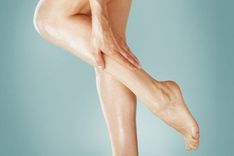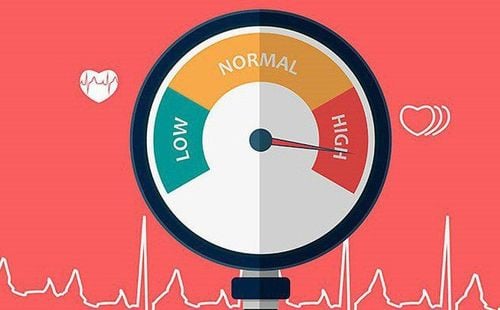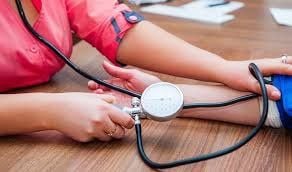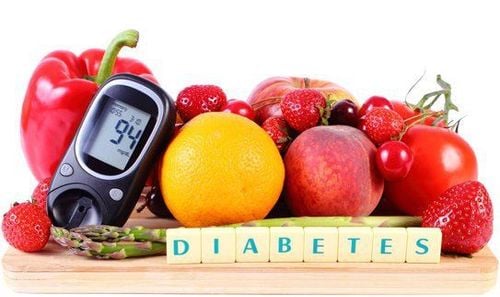Many people experience dizziness before meals due to low blood sugar. Dizziness after eating is less common but can still occur due to certain medical conditions or food sensitivities.
1. The Relationship Between Dizziness and Eating
Eating usually helps reduce dizziness by raising blood sugar levels. Therefore, when you feel dizzy after having a main meal or snack, you should pay attention (especially if you feel nauseous).
There are many potential causes related to dizziness after eating. Most individuals have options for treatment that can quickly alleviate the dizziness.
2. Factors Explaining Dizziness After Eating
2.1. Low Blood Sugar
A drop in blood sugar can cause dizziness. Blood sugar levels typically rise after eating. The increase in blood sugar after eating is why people who feel dizzy before eating often feel better afterward.
However, dizziness after eating could occur if blood sugar drops too much post-meal, leading to reactive hypoglycemia (low blood glucose levels).
People with diabetes or prediabetes may experience hypoglycemia after eating because their bodies produce too much insulin.
However, even those without diabetes can experience low blood sugar. For example, people who have undergone stomach surgery may digest food too quickly, making it harder for their bodies to absorb glucose. A rare deficiency of certain digestive enzymes can also lead to low blood sugar.
Doctors can use tests to diagnose diabetes in people with the condition and prediabetes in those at risk.
Eating smaller, more frequent meals with lower sugar content may help those experiencing dizziness after eating due to low blood sugar.
2.2. Low Blood Pressure
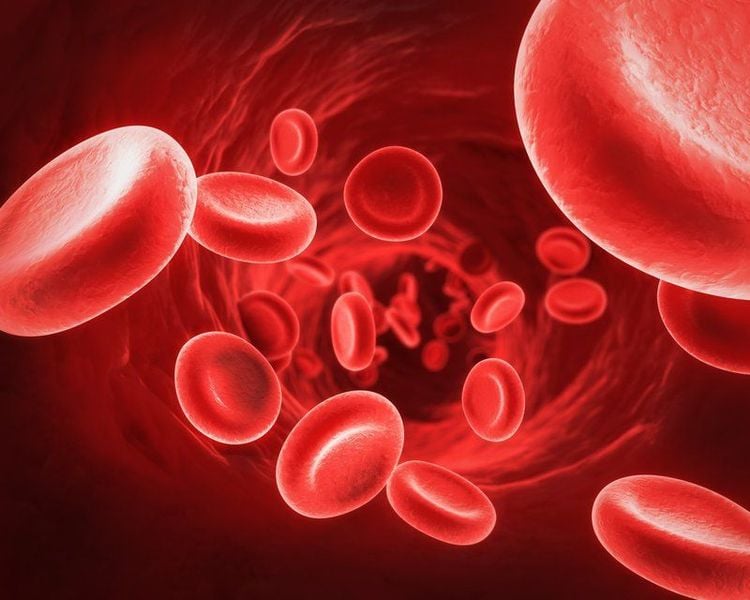
Older adults, people with Parkinson's disease, and those with nervous system disorders may be more prone to post-meal low blood pressure.
In many cases, treating high blood pressure can be helpful. Drinking more water before meals and eating smaller, more frequent meals (such as six small meals instead of three large ones) can also improve symptoms.
2.3. Diabetes Medication
Certain medications for diabetes, including insulin, can cause dizziness when they lower blood sugar too much. Someone who takes medication right before a meal may experience dizziness after eating when the medication takes effect.
People with diabetes who often feel dizzy after meals should talk to their doctor about changing medications, adjusting their doses or their eating schedule.
2.4. Food, Drinks, and Alcohol
Certain chemicals in alcohol can make a person feel dizzy after drinking during a meal.
Food sensitivities can cause some individuals to feel lightheaded or nauseous. Some medications and chemicals, including caffeine and alcohol, can also cause dizziness after eating.
People who frequently experience dizziness after meals may consider keeping track of these episodes and noting what they ate before each one.
Over time, it may become clear that a specific food or group of foods is causing the dizziness.
2.5. Standing Up Quickly After Sitting
Most people sit to eat a meal and then stand up right afterward. Some individuals experience a sudden drop in blood pressure when they stand. When this happens, the issue isn't the meal itself but the sudden transition from a seated position to standing.
Orthostatic hypotension occurs when a person moves from a seated to a standing position, but most people refer to it as "standing too quickly."
Potential underlying causes include: nervous system disorders, dehydration, low blood sugar, heart problems that make it hard for the heart to pump enough blood when standing, high blood pressure medication, pregnancy, exposure to excessive heat, infection or fever, diabetes, blocked blood vessels, anemia, or internal bleeding, such as in the stomach.
For those who occasionally experience low blood pressure, drinking more water can help. Otherwise, it's important to seek medical advice to rule out any serious underlying conditions.

A single instance of dizziness after eating does not necessarily indicate a serious health condition. It could simply be due to a temporary change in blood sugar or blood pressure, or something in the meal itself causing dizziness. It's unnecessary to see a doctor if dizziness lasts only for a short period.
Pregnant women experiencing dizziness after meals often find the symptoms improve after childbirth. However, if the dizziness is severe, prolonged, or interferes with daily activities, they should contact a doctor.
In rare cases, very low blood pressure can interrupt the blood supply to the brain, potentially leading to a stroke due to ischemia, which can be life-threatening. Anyone showing signs of a stroke should go to the emergency room.
Symptoms of a stroke include: numbness or weakness on one side of the face or body, inability to smile or move the mouth normally, drooping face, confusion, severe headache, difficulty walking, and vision problems.
Those who frequently feel dizzy after meals or eating sweets, or those who experience dizziness from consuming sweet foods, should seek medical attention. Diabetic individuals who feel dizzy after meals may need to adjust their medication or eating schedule.
3. Prevention
A person can sometimes prevent dizziness by drinking water before and during meals. Several strategies may help reduce dizziness after eating. People can try the following:
- Drink more water before and during meals.
- Avoid alcohol, caffeine, and meals high in sodium, which may increase the risk of dehydration.
- Sit or lie down for 30-60 minutes after eating.
- Eat fewer easily digestible carbohydrates, such as white bread and pasta. These foods are quickly digested and can lead to low blood pressure after meals.

- Eat smaller, more frequent meals. Some people find that eating every 2-3 hours helps reduce dizziness after meals.
Ask your doctor about adjusting diabetes or blood pressure medication. - Manage and treat any chronic medical conditions, especially diabetes and high blood pressure.
- Live a healthy lifestyle to reduce the risk of vascular problems. Regular exercise, balanced eating with plenty of nutrients, and maintaining a healthy weight can reduce the risk of conditions that may cause dizziness after eating.
Various conditions, ranging from benign to severe, can cause dizziness after meals. Diagnosing the cause cannot be done based solely on symptoms. Therefore, it's important for someone who frequently experiences dizziness after eating to consult a doctor. Using simple tests, doctors can usually identify the cause, suggest treatment options, and provide peace of mind.
We hope the information above provides you with further insight and helps clarify why you experience dizziness after eating sweets. Wishing you a healthy diet that enhances your productivity and improves your quality of life.
Please dial HOTLINE for more information or register for an appointment HERE. Download MyVinmec app to make appointments faster and to manage your bookings easily.
References: healthline.com, medicalnewstoday.com


